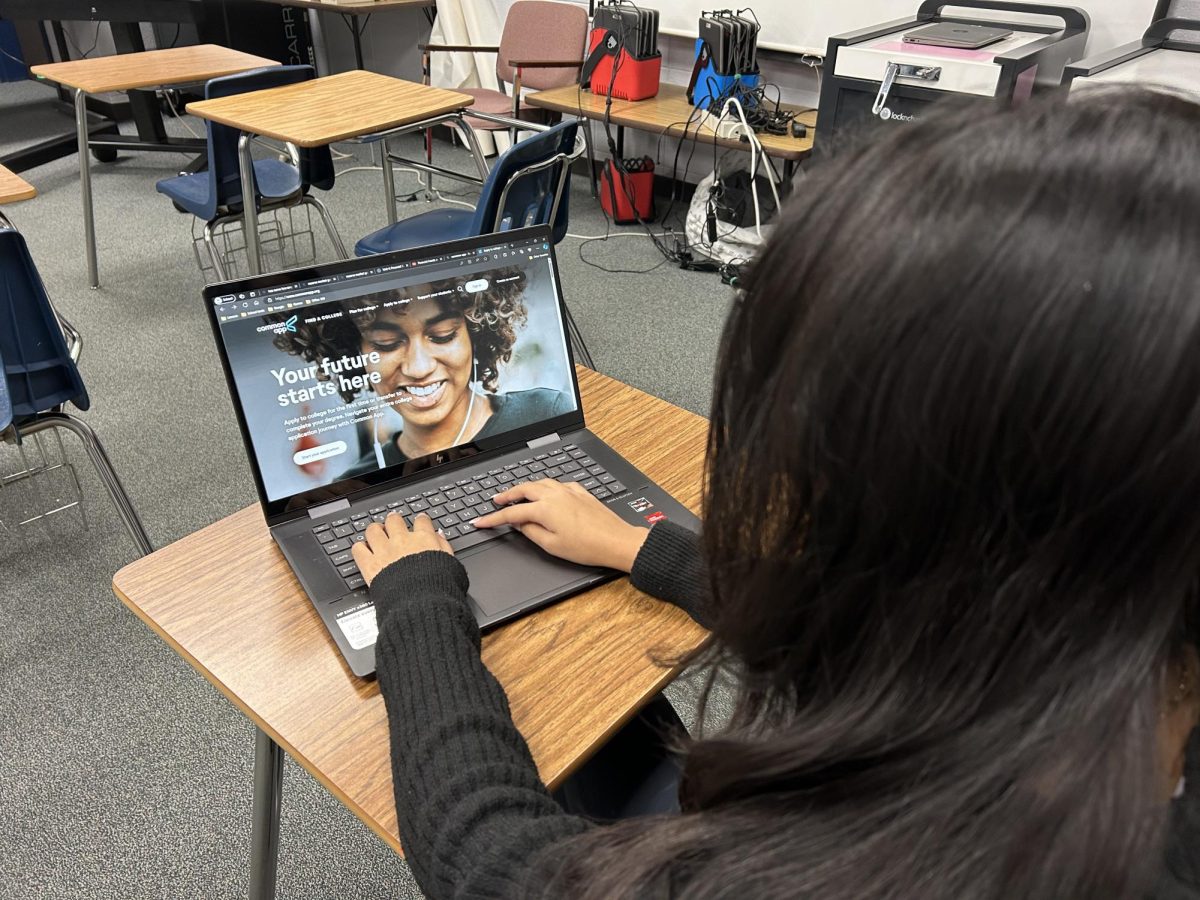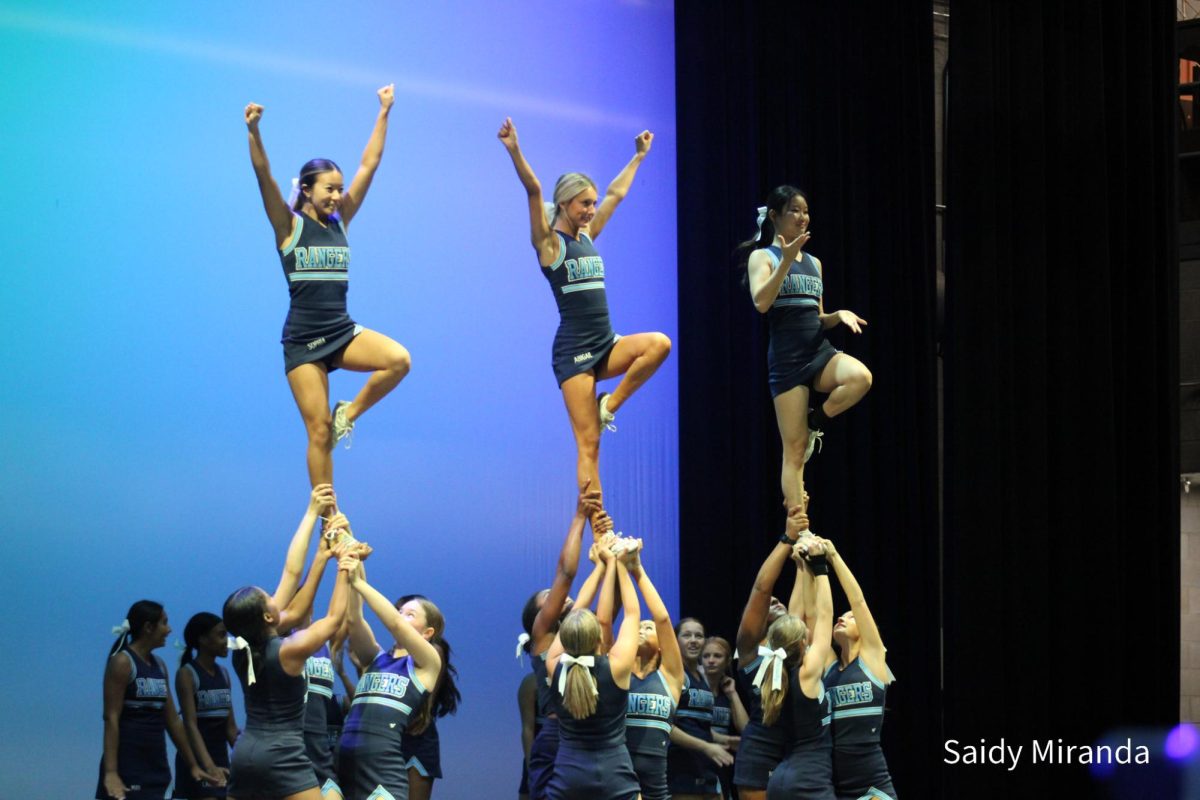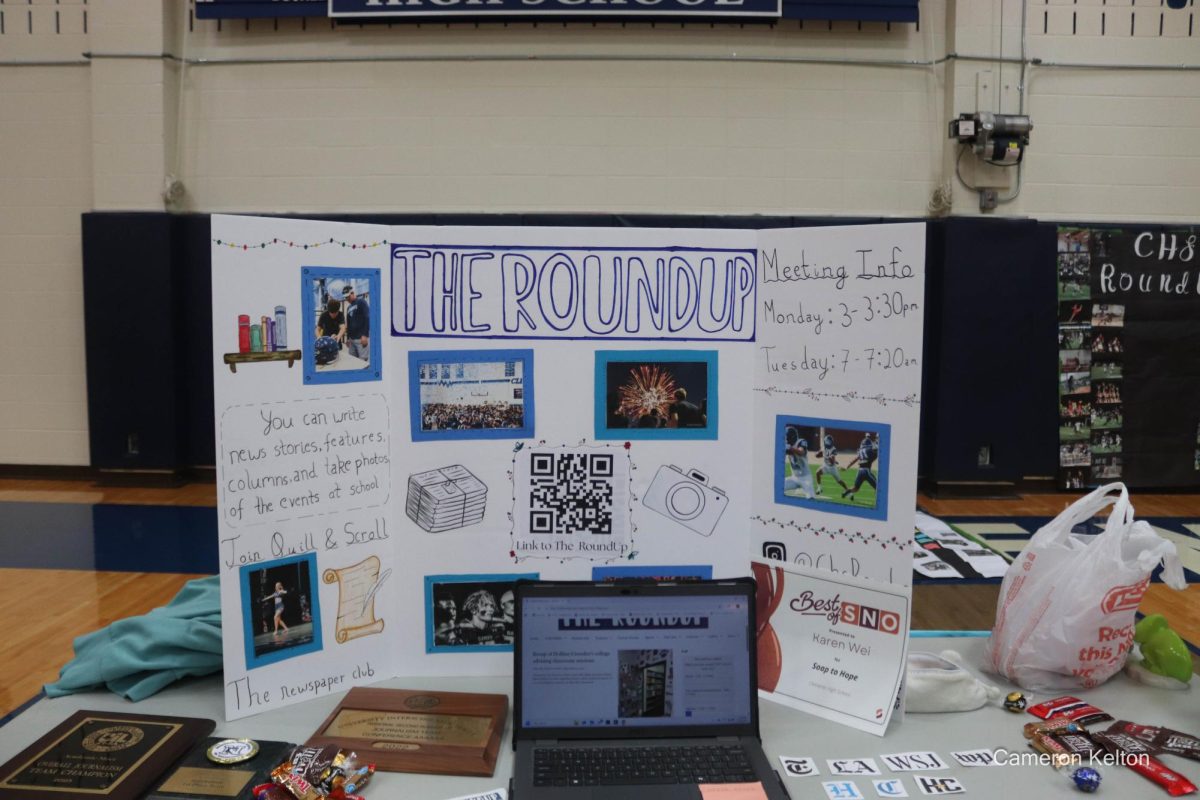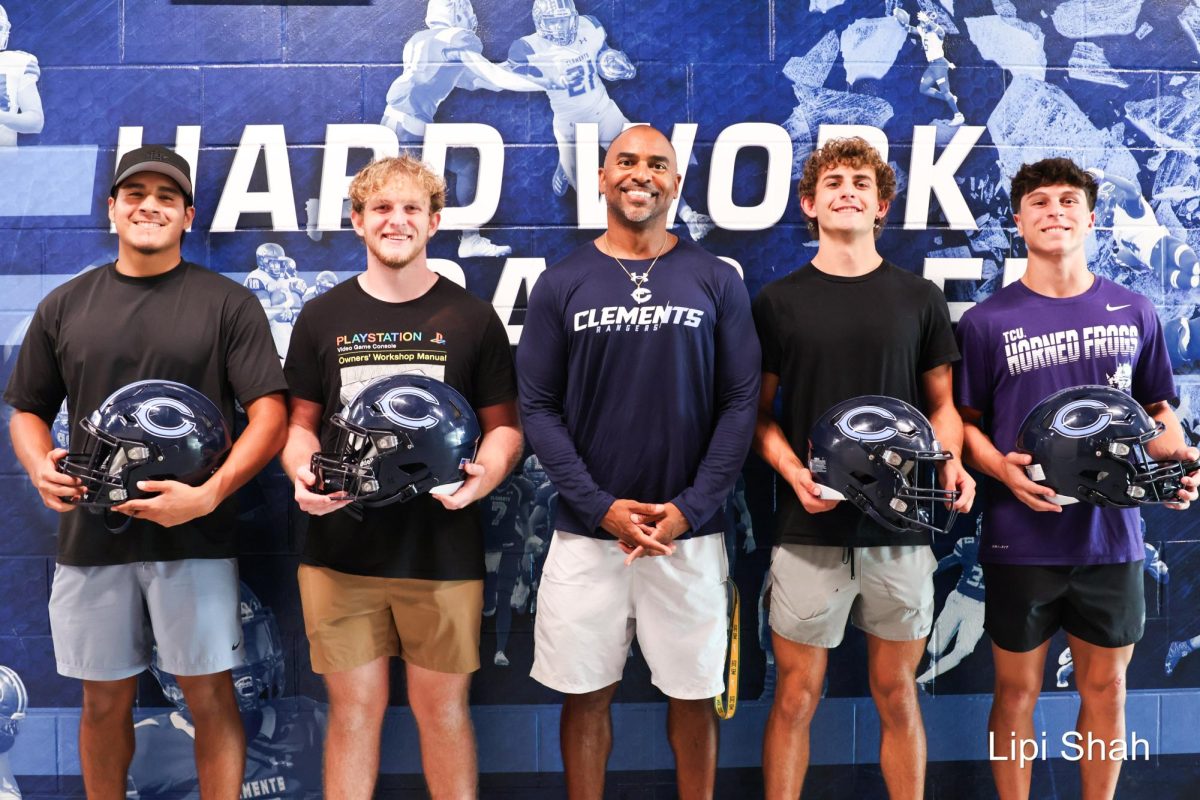As the class of 2024 prepares to graduate, seniors and faculty have gained advice for freshmen on topics like navigating through their first year and college application advice for rising seniors. Both freshmen and seniors share a common experience of navigating through different experiences and embracing change.
Seniors learn about applying to college, make decisions regarding the future, and figure out what pathway they want to pursue. Freshmen learn to balance rigorous courses, figure out which clubs or teams to join, and forge new social circles.
“Try to know what you want; I understand this time is when you are trying to figure things out,” senior Olivia Chang said. “If you know what you want, go for it. Base your extracurriculars and volunteering around that interest and you can rack up experience. If you know you want to go to computer science, participate in competitions, and join related clubs. At the end of the day, it’s just researching what classes you need to take and which ones you don’t need to take.”
Many freshmen find themselves stressed out about grades and worry that it will impact their entire future. While many students see college as the end all be all, Chang believes college is only a “pathway”
“The main motto that I live by, at the end of the day, it does not matter where you go, you are still going to get that same license,” Chang said. “It’s like you are still going to get what you want; it doesn’t matter if it is through Harvard or not. Ivies are just a title, and it doesn’t reward you in any way. As a person in the medical pathway, all I need is a high GPA.”
Adapting to the increased academic rigor and extracurricular activities can be challenging but managing distractions and prioritizing may make the experience less overwhelming.
“Use a planner to stay organized, so that you may keep track of your workload,” counselor Shawn Seymour-Gipson said. “Try to limit your time on video games to no more than one hour per day and limit your time on social media. Get to know your teachers, and sit in the front of the classroom if needed. Attend tutorials for classes you think you need extra help with and get to know new people. Lastly, introduce yourself to your new counselor through email or in person.”
Developing leadership skills and establishing social connections is an integral part of the freshman experience.
“Learn how to cultivate relationships in which you can be a real person, even if you are changing and figuring out who you are, whether it be in your classes, clubs, extracurriculars, on a bus ride,” AP English III and IV teacher Glenys McMennamy said. “Be yourself, ask questions, listen to others, become known.”
Taking advantage of online resources such as 16Personalities or the Myer-Briggs test can allow students to discover their interests further and see where they align on a future career path.
“Do a personality assessment to see what careers may be identified for you based on your interests,” Seymour-Gipson said. “Research different schools to see which ones fit your career paths and visit some if you can.”
A framework of “safeties, reaches, and matches” has emerged to allow students to navigate college admissions with the student’s academic credentials and qualifications in mind. “Safeties” are colleges where a student’s credentials exceed the college’s typical institutional admission requirements and a student may have a high probability of being accepted. “Reaches” are universities where the student’s academic credentials fall below the college’s admission standards. “Matches” or “target” schools are colleges where a student’s academic credentials closely align with the admission standards so that a student has a reasonable chance of being admitted. This framework is often used by students to create a well-rounded list of colleges to apply to and to aim for the maximum chance of acceptance to schools that fit the student’s needs and goals.
“I wish I didn’t apply to colleges like University of Houston and University of Texas at Dallas so early,” senior Asmita Subash said. “I should’ve applied to them after hearing of admission from Texas A&M. I could have saved money by not applying for safety colleges that I don’t plan on going to.”
Seniors can build their schedule with off-periods or off-campus, dual credit, AP courses, regular weighted classes, and office aid. For rising seniors, Olivia Chang stresses the importance of dual credits.
“Take dual credit classes, I cannot stress that enough,” Chang said. “I am entering college as a sophomore. That saves me so much money. Definitely take dual credit.”
The Common App and Apply Texas are the two main platforms that students use to apply to colleges and universities. For most colleges, a supplemental essay is required.
“During college app season I wish I didn’t procrastinate,” senior Vanya Goswami. “It would’ve been nicer to not have felt rushed.”
Seniors may start drafting essays the summer before the school year to take pressure off.
“I wish I finished my supplemental essay over the summer so that all I had to do over the school year is to get it reviewed and submitted,” Subash said. “It was kind of stressful to try to write essays along with schoolwork.”
Something many seniors struggle with is finding a topic to write about.
“Writing about yourself in a college application is challenging if you haven’t thought about your own growth and personal goals,” McMennamy said. “Resist spouting your resume in a different format and think about the experiences you’ve had that point out to you not only how much you’ve grown but those that help you confront how you still want to grow.”
Once seniors have figured out college application season, they can look forward to many exciting experiences like prom, senior sunrise and sunset, and graduation.
“There’s also a lot of senior benefits that you can enjoy with your friends like senior sunrise and sunset, trunk or treat, ice slide, and more,” Subash said. “Through these senior benefits, I’ve gotten a lot of cute pictures with my friends that I didn’t have before.”








